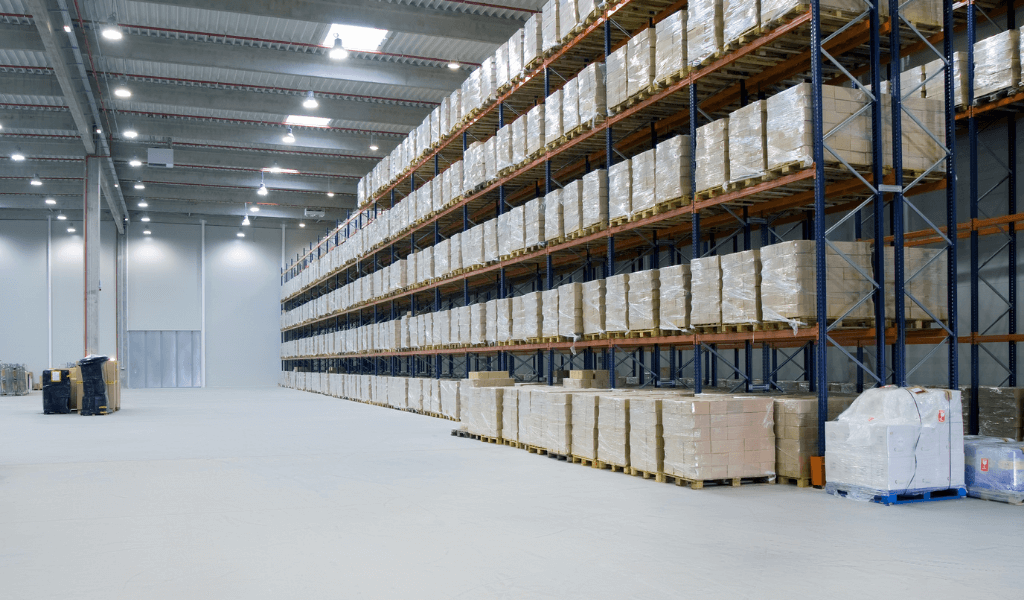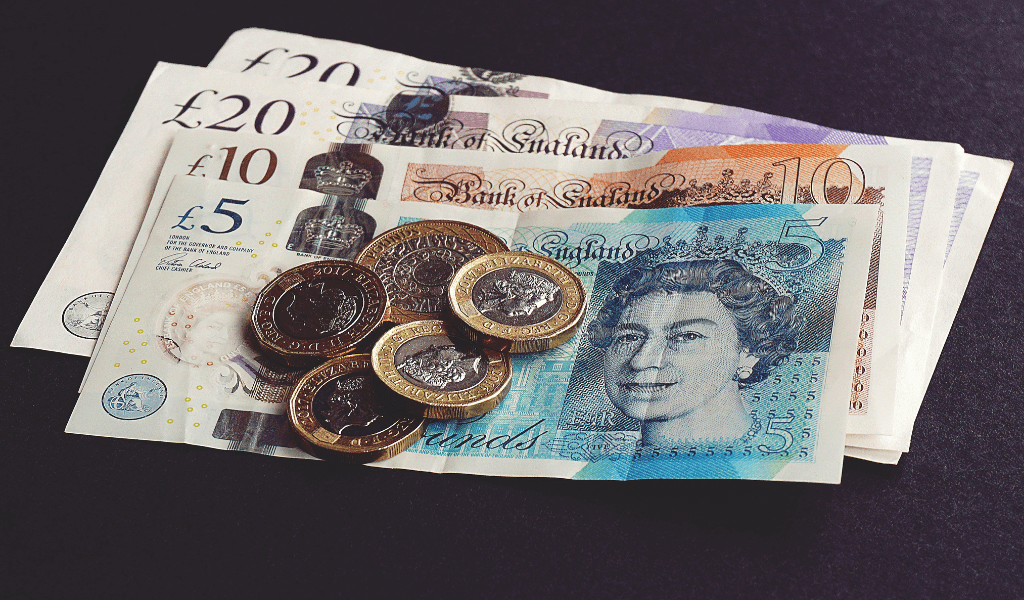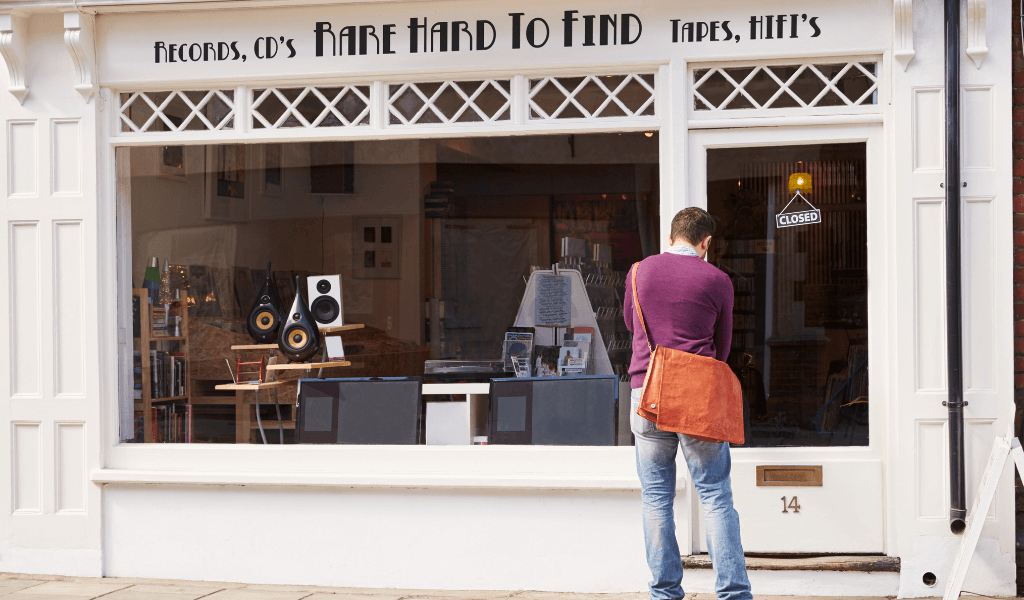Is commercial property a good investment? It’s something that many investors look into, once they’re bored of residential property. Maybe they want higher returns or bigger deals. There’s lots of reasons why you might want to invest in commercial, such as higher yields and less maintenance work. In this article, I’ll explain the benefits of commercial property investment in detail.
I’ll assume you know the basics of commercial property. If not, then I suggest you read this article 1st. I should also point out that most property investors stay with residential and will never do a commercial deal. That’s ok too! There’s tons of opportunities with residential property investment, as I’ve covered in the below articles
-
Landlord skills: Long distance property investing. How to do it right
-
Tax Strategies: What is Section 24? How to avoid it
-
Landlord 101: What is a buy to let mortgage?
-
Principal private residence relief. What are the benefits? Do I qualify?
-
Landlord 101: Interest only vs capital repayment
If you like my content and want to get an individual consultation, then I offer a business coaching service. Contact me on this page. The 1st session is 100% free.
Buy to let investment yields are low! In parts of London, yields are as low as 2%. When you factor in stamp duty, Section 24 and others costs, buy to let is unprofitable in many parts of the country.
Commercial yields are a different ball game. Yields of 8-10% are common-place. If you have a great tenant like Boots or Tesco, then the yield could be much lower. However, yields are generally much higher than residential. A yield of 8-10% is fantastic for any investment in the current market, so commercial property is definitely worth considering.
A 10% yield changes the economics of your property deal entirely. Let’s do some maths! If you buy a property for £100,000 with a 10% yield, then that is £833 of rent per month per month. With commercial property, the tenant is responsible for most of the costs, so this £833 is close to your monthly profit. If you’re able to do a few deals, your monthly income will really add up. It could be possible to achieve the goal that many of us strive towards, to replace the income from your job.
As a residential landlord, you have responsibilities coming out of your ears. These responsibilities include most maintenance tasks, landlord licensing and insurance costs. Because landlords provide an essential service (i.e. housing), the Government has given us landlords a lot of responsibility.
In the world of commercial, most of the responsibilities lie with the tenant. Most commercial tenancies are under a full repairing and insuring (FRI) lease. These tenancies require the tenant to deal with maintenance issues. It’s also the responsibility of the tenant to insure the property.
This is pretty great. Not only is there less expense with a commercial tenancy, it’s also a hell of a lot less hassle and work. This is why commercial property is seen as a hands-off investment.
Longer tenancies are one of the best benefits as a commercial property landlord. Whereas most residential tenancies are 12 months, commercial leases of 10-20 years are common. These leases will normally have an upwards only rent review built in.
Businesses need the security of knowing where they will operate from, so longer tenancies are needed. On a personal level, my biggest stress is from empty properties! 15-year commercial leases definitely helps me sleep at night.
Stamp duty is payable on both residential and commercial properties. However the rates charged are much lower for commercial properties. The rate of stamp duty paid goes up as the property price increases. The highest rate of stamp duty for a residential property is 15%, whereas the highest rate for a commercial property is 5%.
The difference is huge. For a £500,000 buy to let property, you need £30,000 for stamp duty. For a commercial property of the same price, you need to pay £14,500 of stamp duty.
98% of people use their pensions to invest in mutual funds, that provide terrible returns. This is a shame, as there’s lots you can do inside your pension. Indeed, you can own commercial property. This is very attractive, as many people have large pots of money inside their pension.
You’ll need to set up a SSAS Pension. It’s the most flexible type of pension in the UK. You can invest in commercial property. You can lend money to your business. You can even get a loan to your SSAS Pension, and buy more commercial property. Full details are in this article.
If you don’t know about pensions, then I’ve explained the tax benefits in this article. I’ve provided a worked example, so you can see exactly how generous this tax perk is.
At a networking event, I was recently speaking to a property investor about pensions. He came up to me and asked how he can reduce his tax bill. I explained that putting money into a pension was probably the best solution. He would get a large tax rebate into his bank account at the end of the year, and also get a pot of money to put towards retirement. Unfortunately, he wasn’t interested. He was set in his belief that pensions are only for old people. He was desperate for me to provide him with some ‘creative tax solution’ to reduce his tax bill to zero. Sounds pretty dodgy to me!
The UK Government provides generous tax breaks to encourage people to save for retirement. This includes a tax refund to your bank account at the end of the year. Inside your pension, you can also own commercial property. This is pretty spectacular when you think about it. If you own a commercial property with a 10% yield inside your pension, then your gains will quickly add up. After 20 years, you would have earned 200% of your property value in rent – this is before capital appreciation. This rental income is also free of income tax and can be used to buy more commercial properties. Over that 20-year period, your portfolio could grow 5-10x by investing in commercial property.
I’ve covered the many benefits of commercial property above. But as with everything in life, nothing comes without risks. After all, if there were no risks in commercial property, then why do 90% of landlords stick to residential. In this section, I’ll cover the risks with commercial property investment.
The demand for commercial property isn’t as high as residential property. People will always need somewhere to live, so if your property is in decent condition, you’ll always find a tenant. The demand for commercial properties doesn’t benefit from the same features. In a recession or a pandemic, you may not find anyone that needs to rent your property. You also need to deal with use classes. If your property was previously rented to an accountant, you can’t rent it out to someone that wants to turn it into a nightclub.
Another factor to consider is that commercial properties are typically more expensive than residential properties. A warehouse or an office is likely to be larger and more expensive than a one bedroom flat. This makes commercial property less accessible than residential property. In my experience however, this hasn’t been a huge problem. If you look hard enough, you can find commercial properties that cost under £100,000 with a 10% yield.
You should also note that commercial property mortgages have higher rates than residential. You can get residential mortgages for under 1% and buy to let mortgages for under 1.5%. You won’t get such rates for your commercial property. 4% is a pretty good rate for a commercial deal.
Commercial Property investment has lots of things going for it. In this article I’ve covered many of the advantages of commercial property investment. These include lower rates of stamp duty, less work and higher rental yields.
I hope you liked the article and are inspired to take action! If you want to become a successful property investor, then I’ve written tons of other articles to help you. Some of them are shown below










? + 1.98614 BTC.GET - https://graph.org/Message--685-03-25?hs=f345a633fb13bf70aaba67d34c0ebefd& ?
hvu6dk